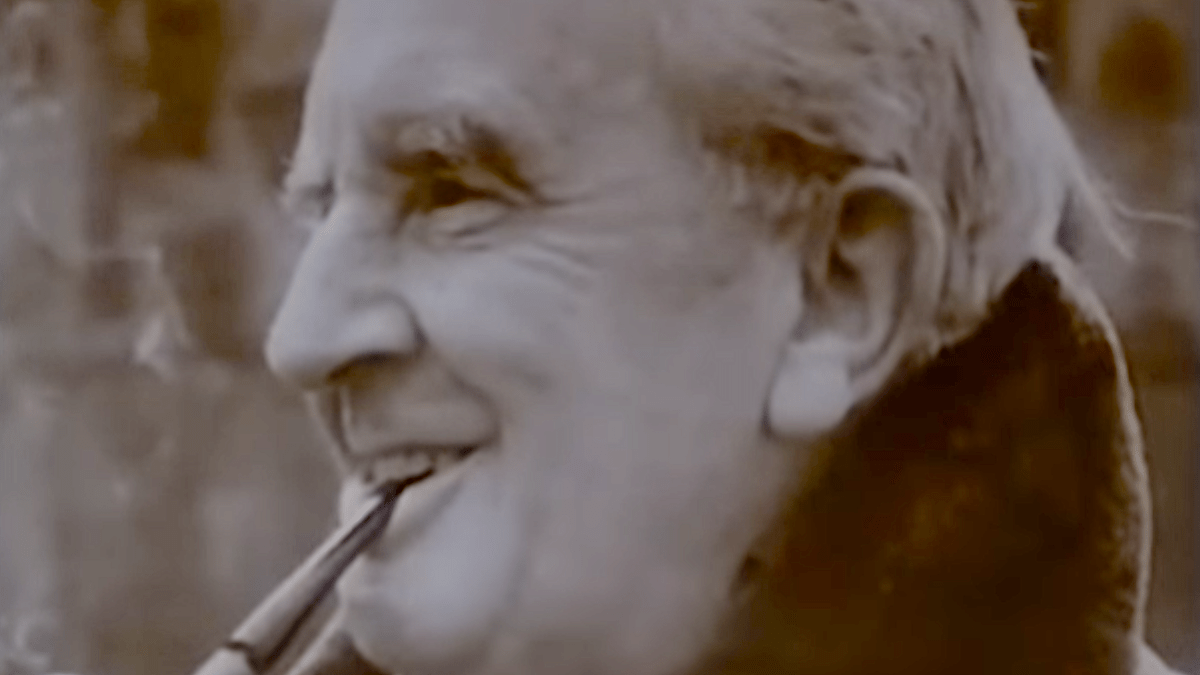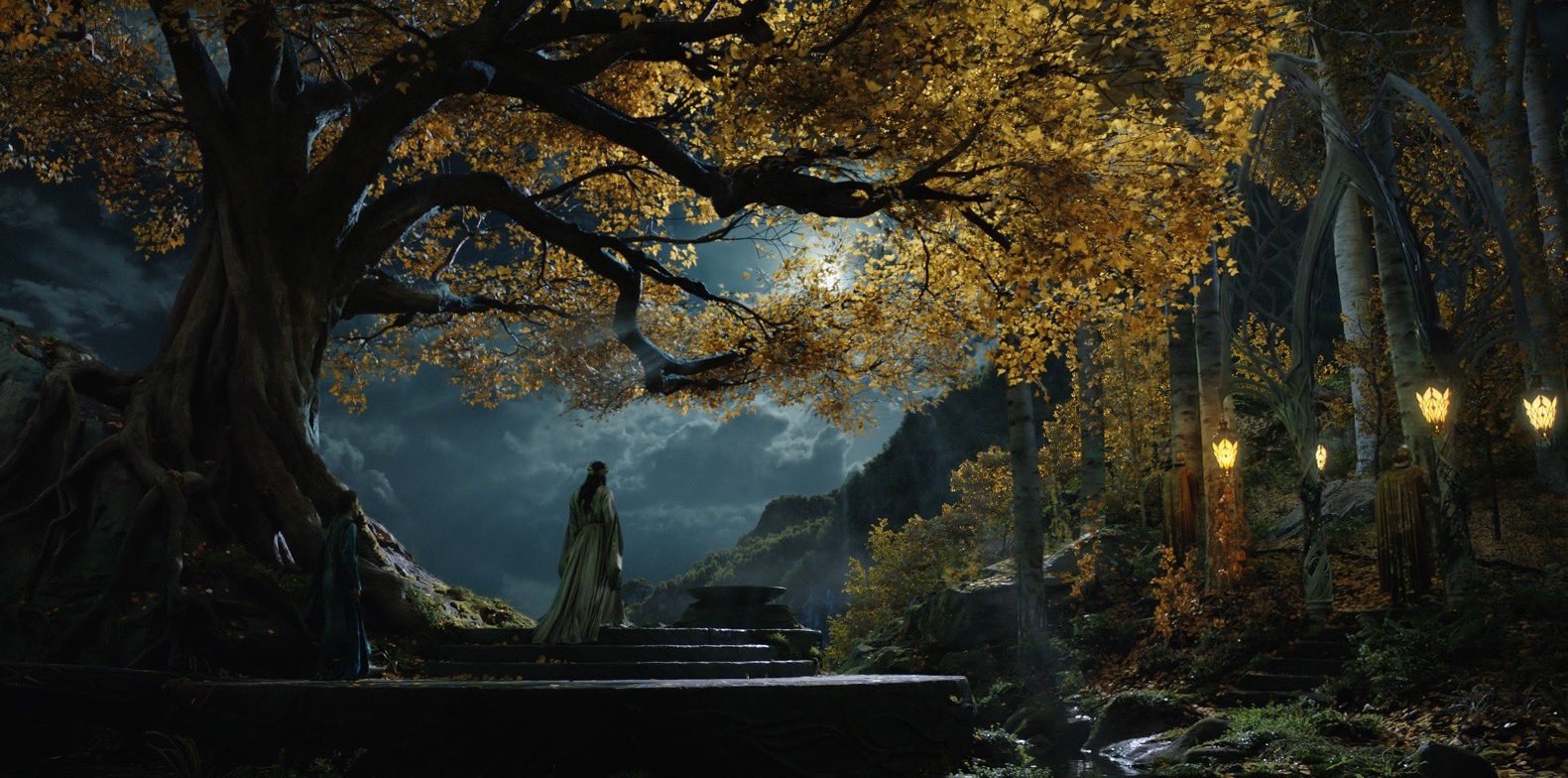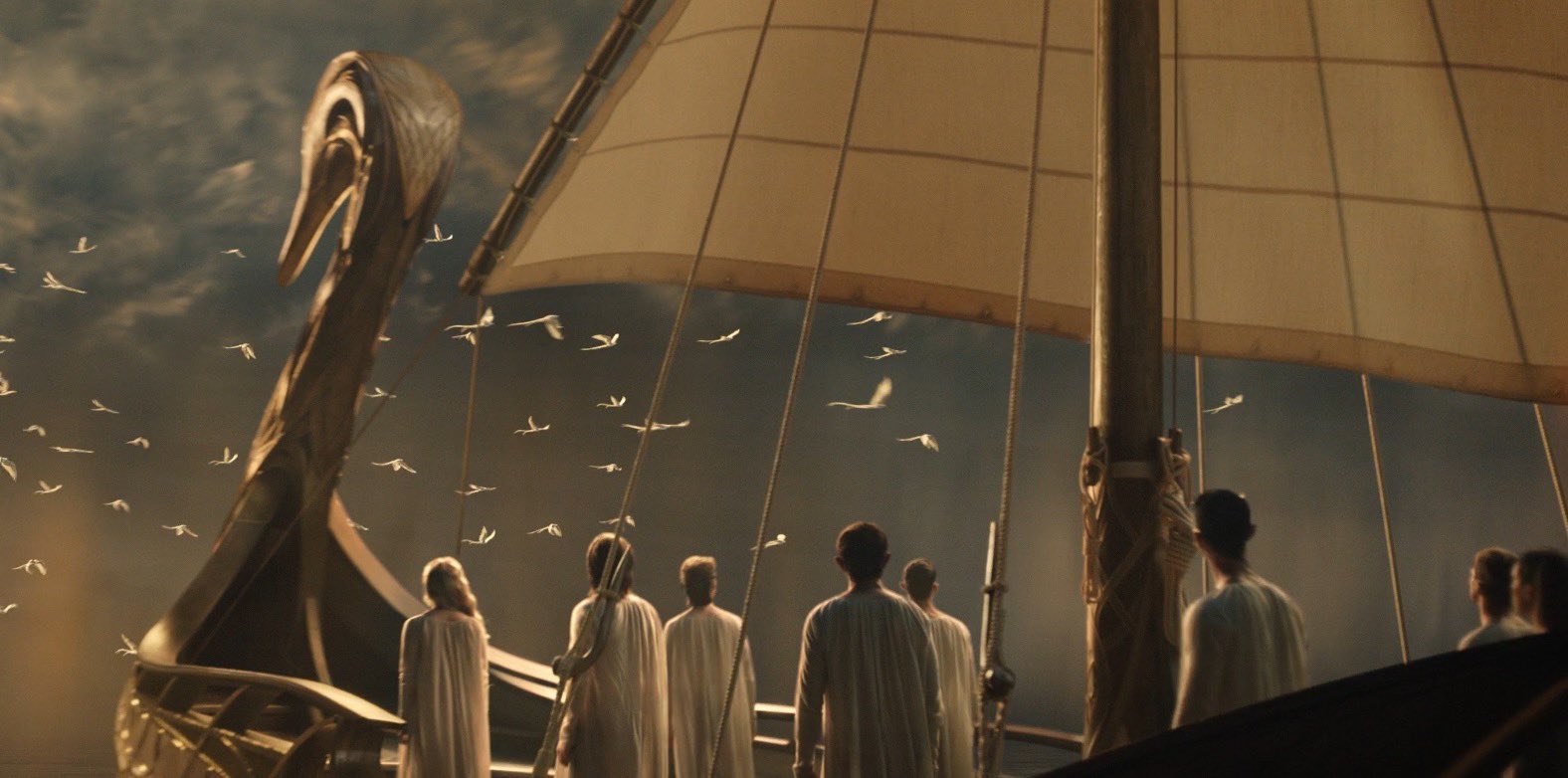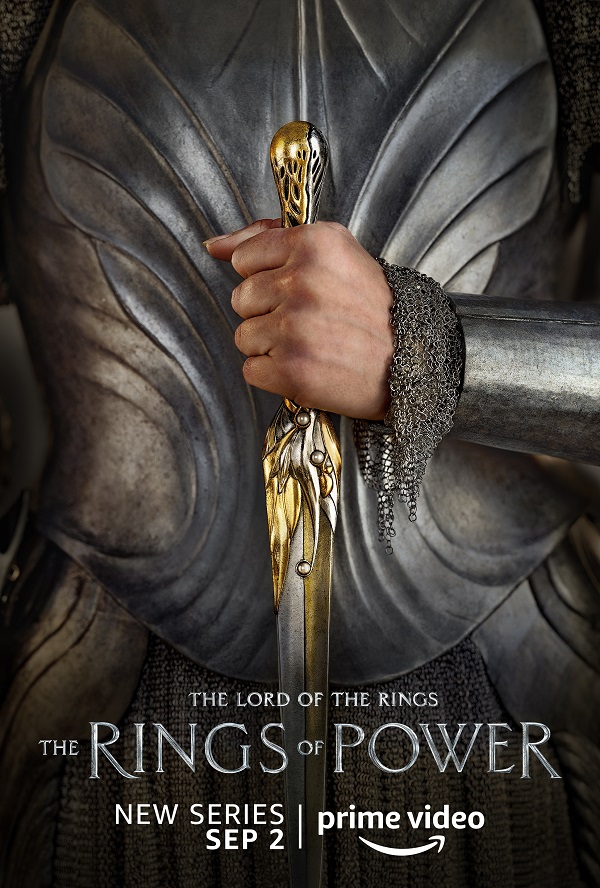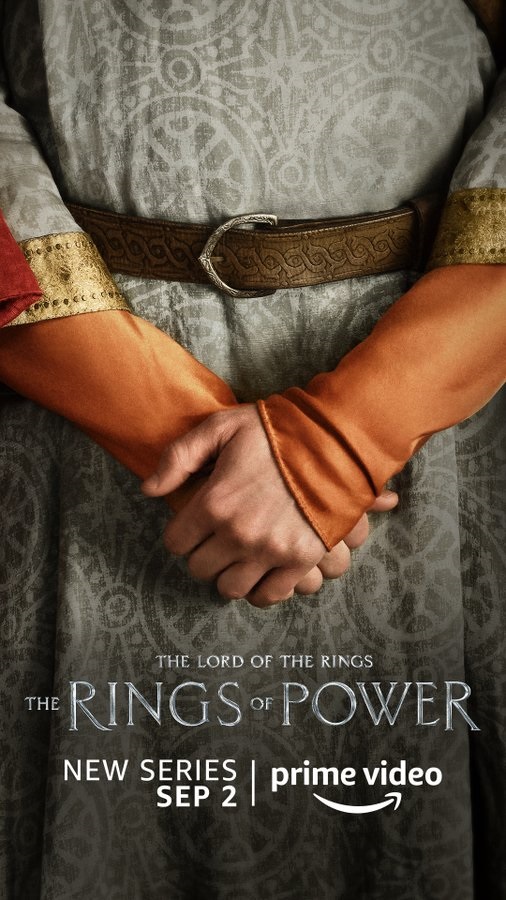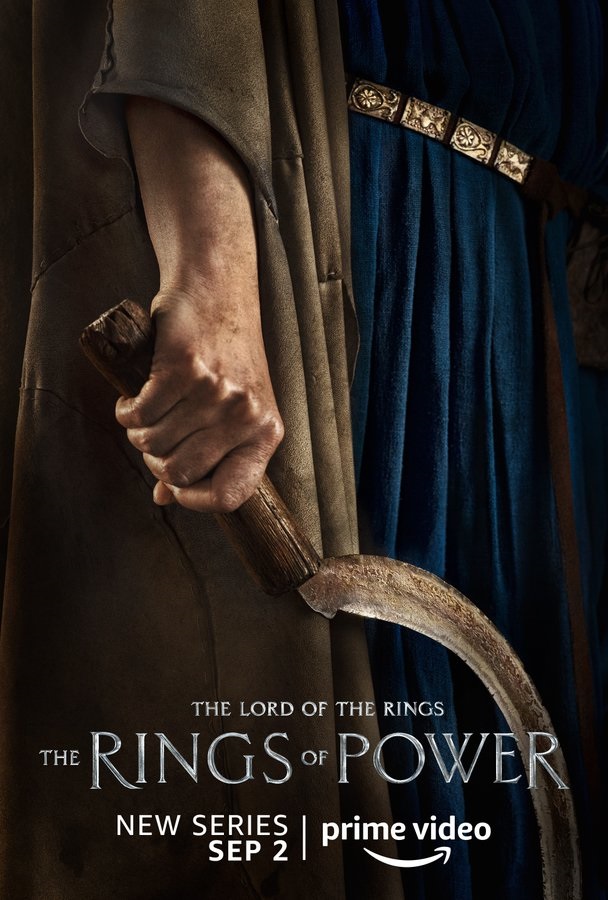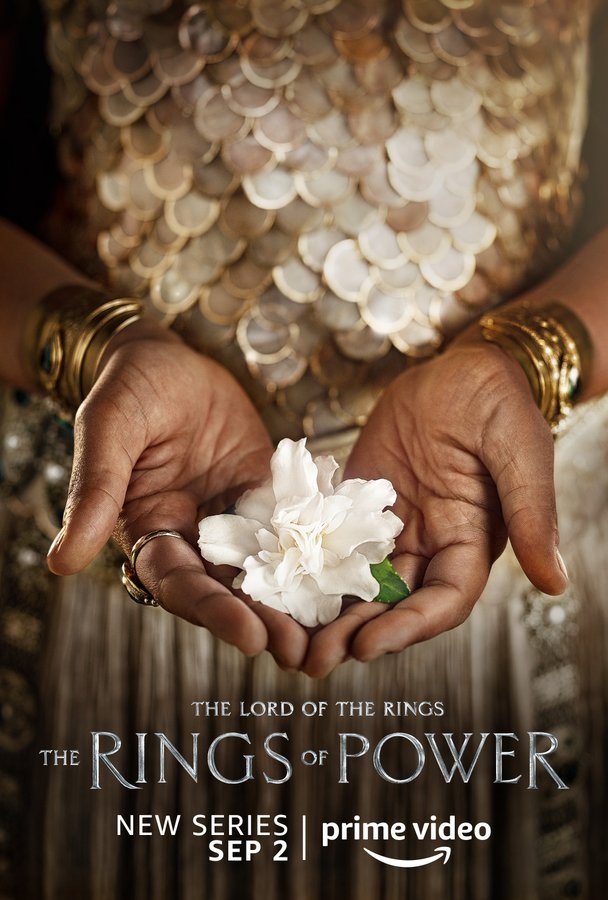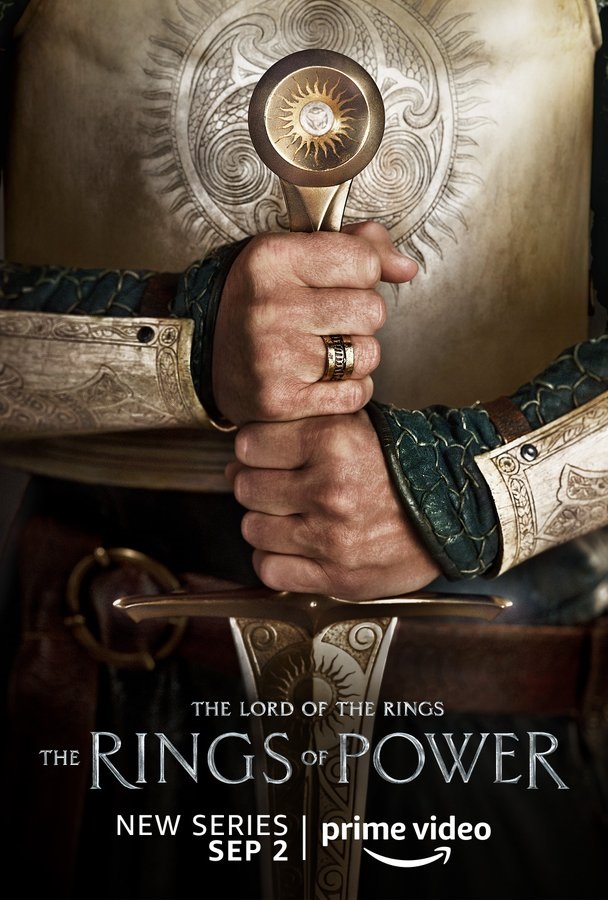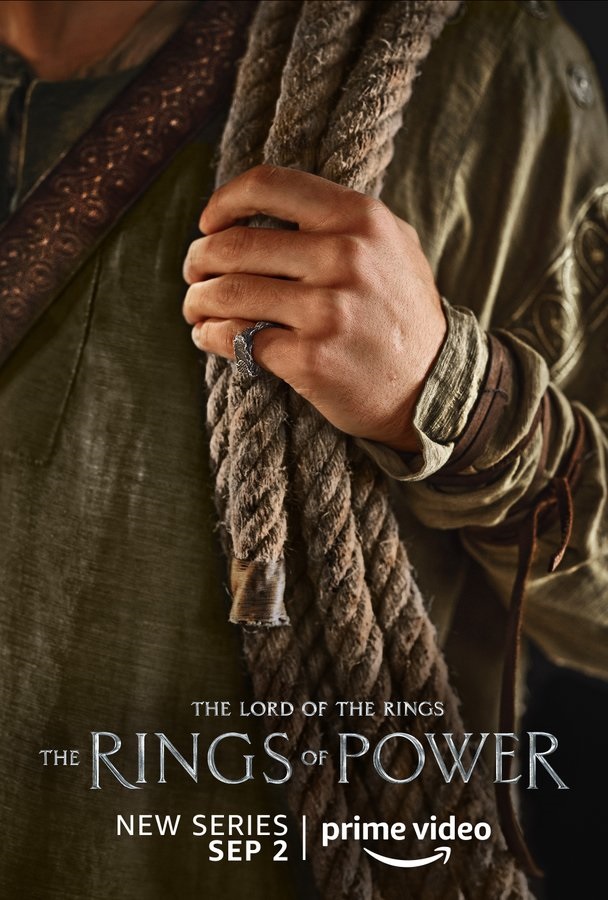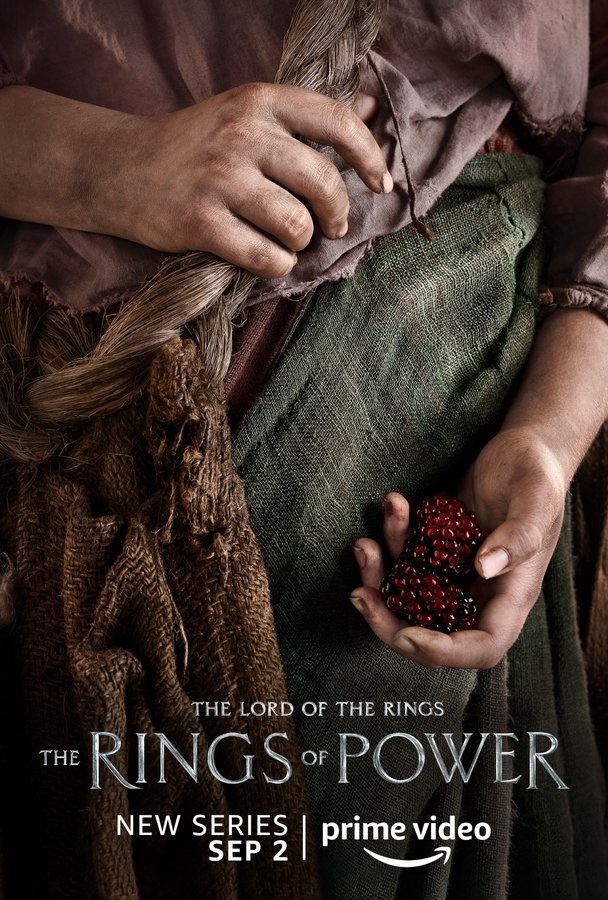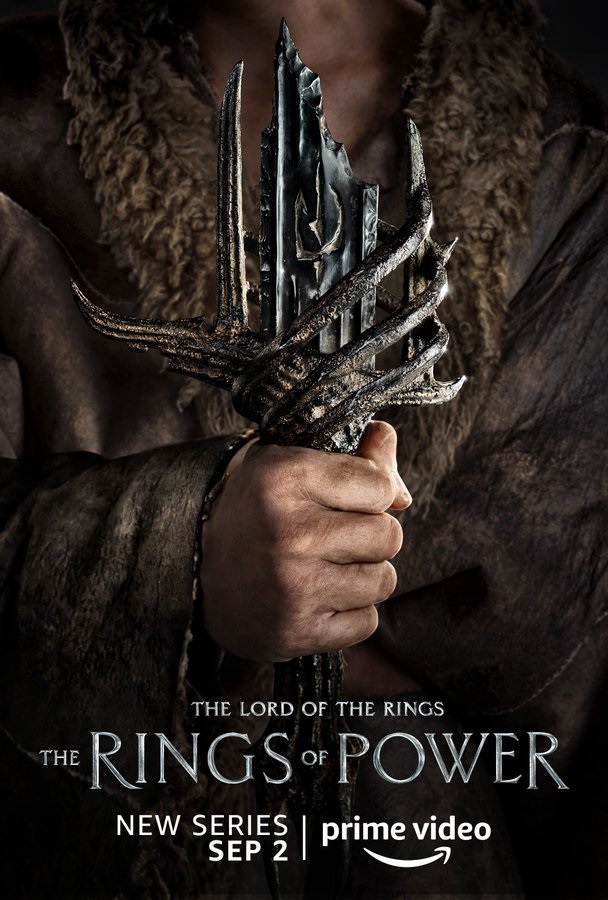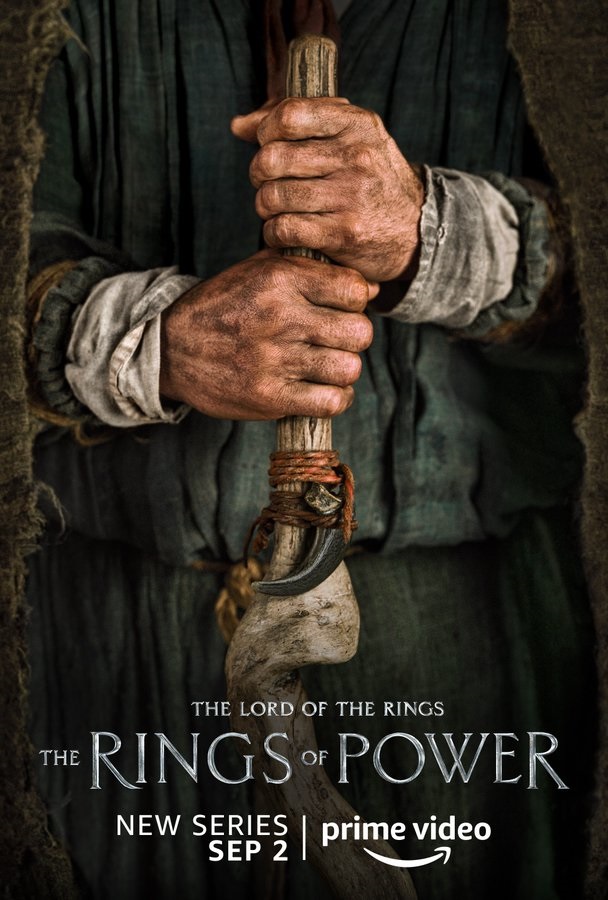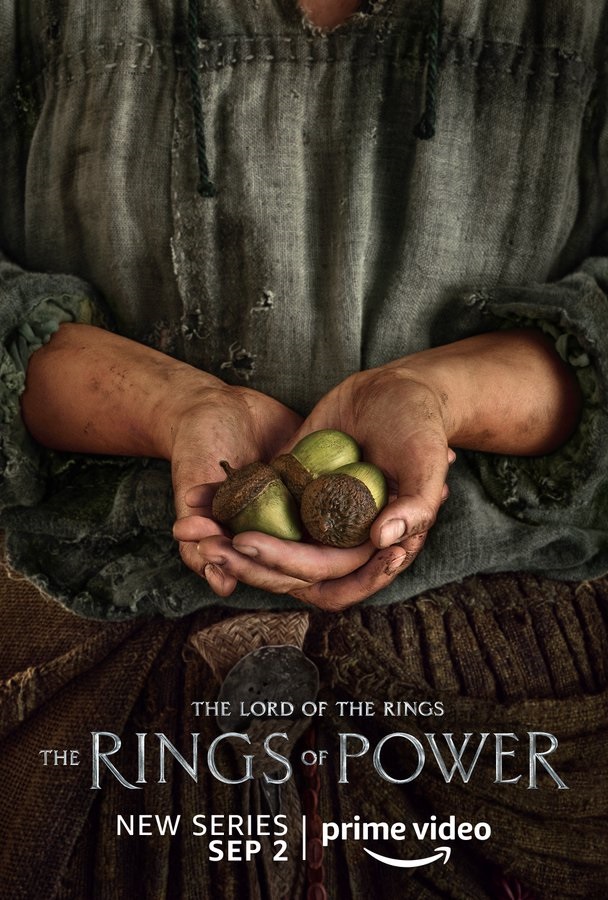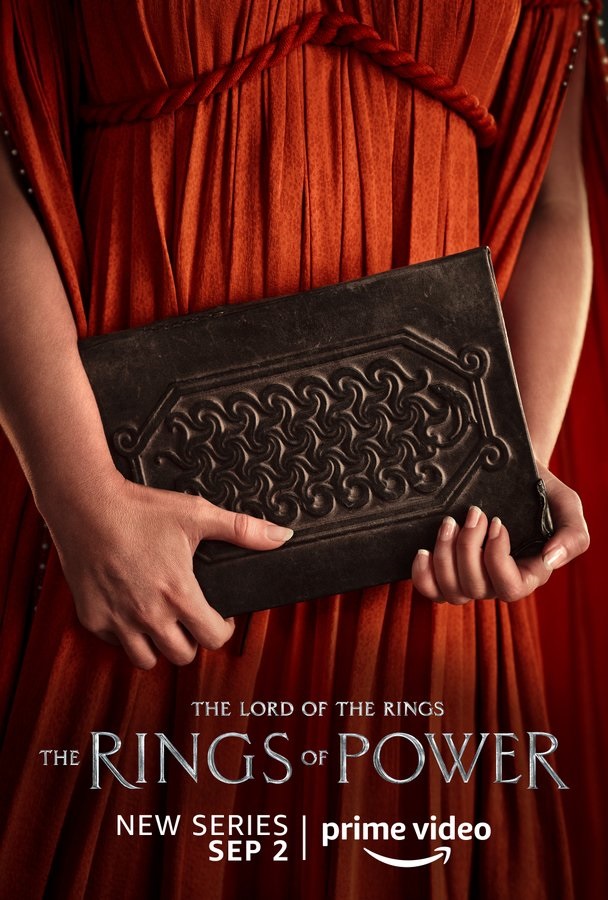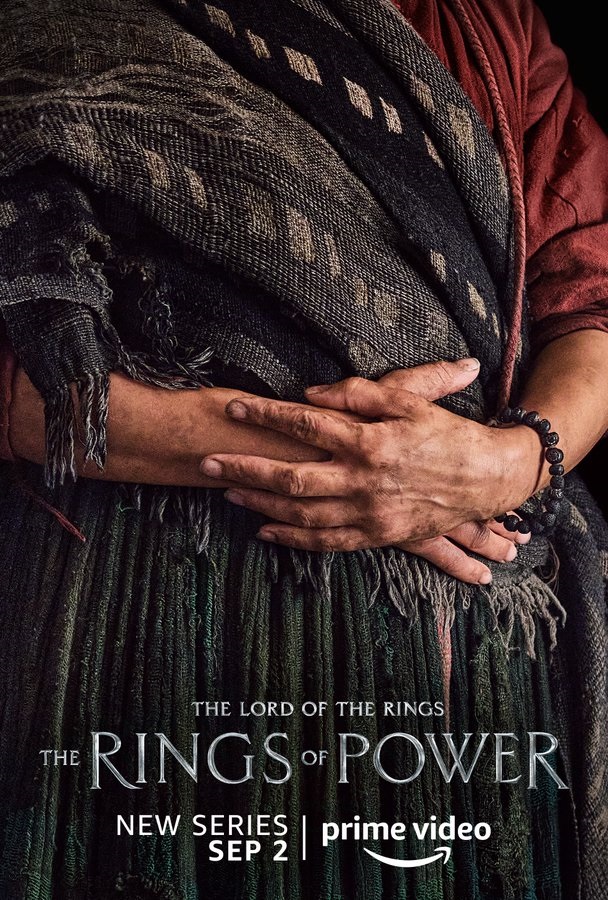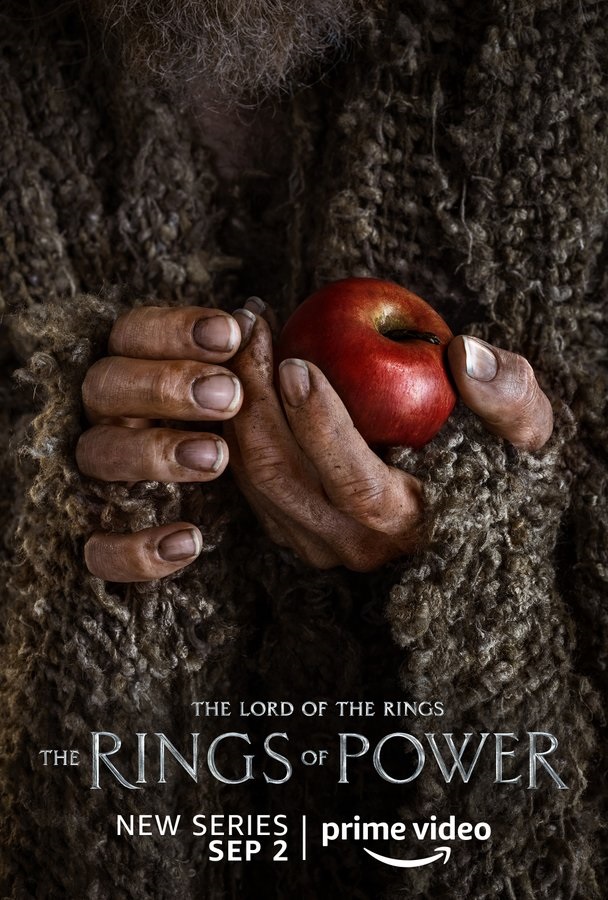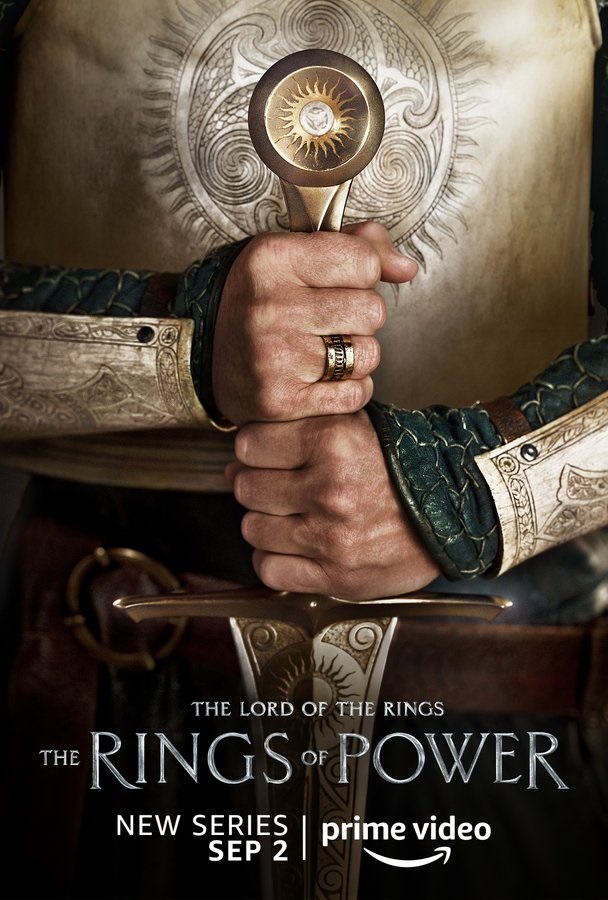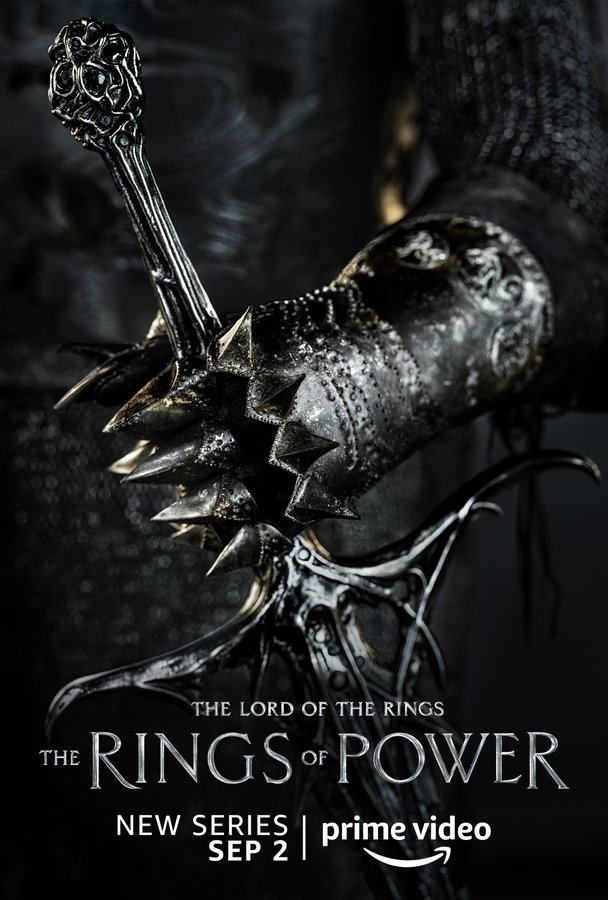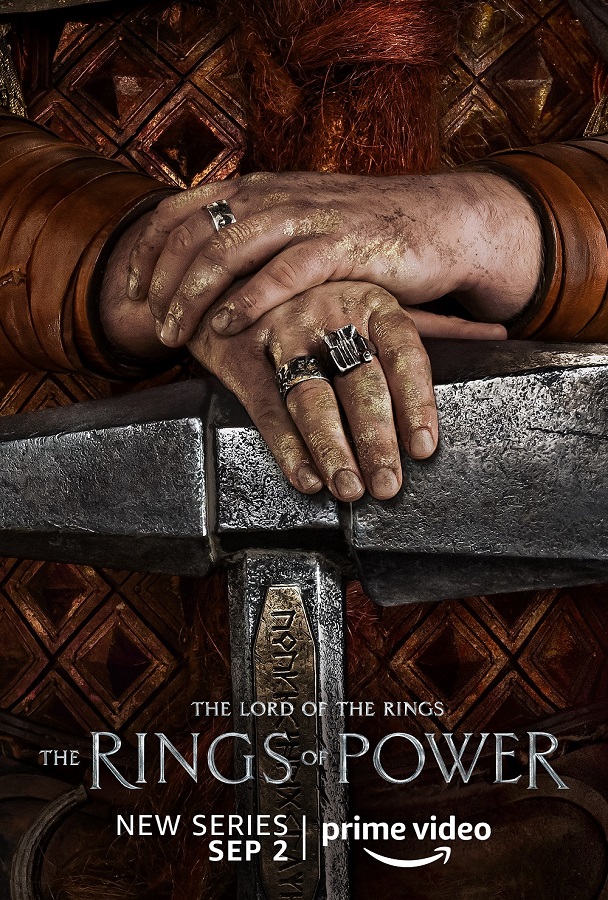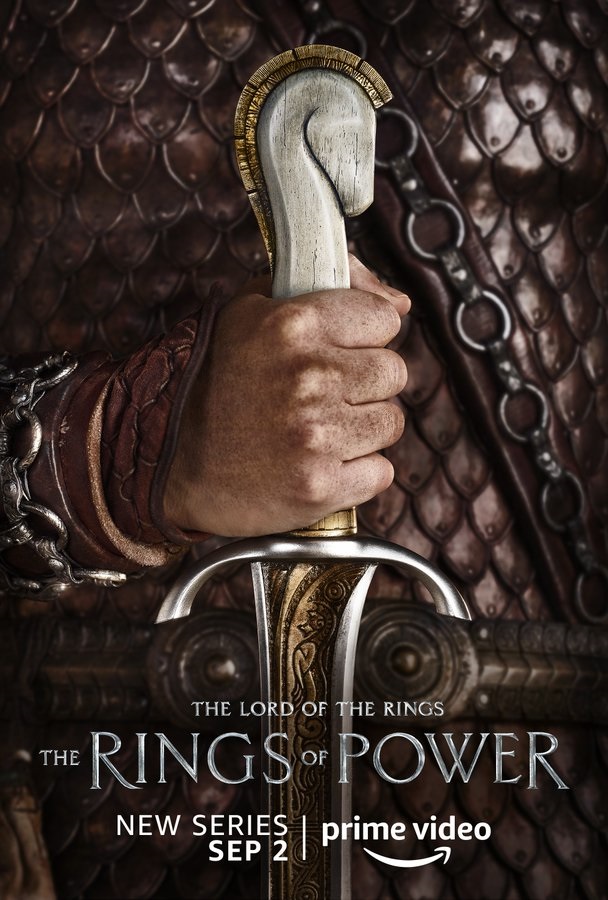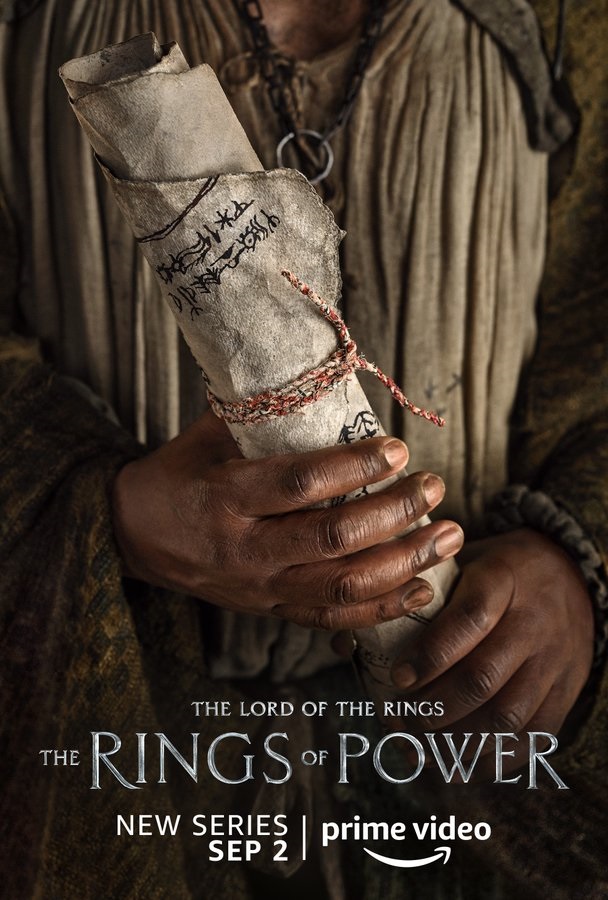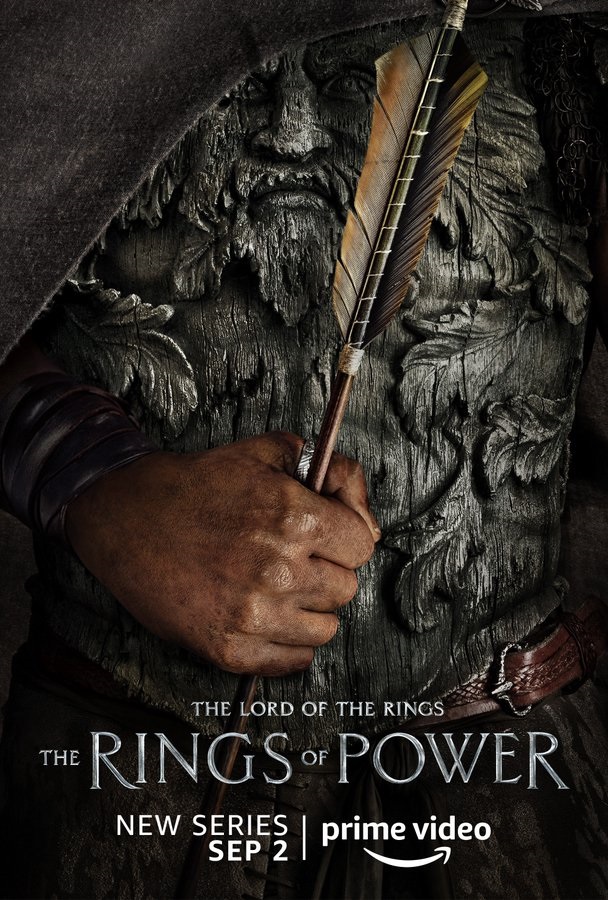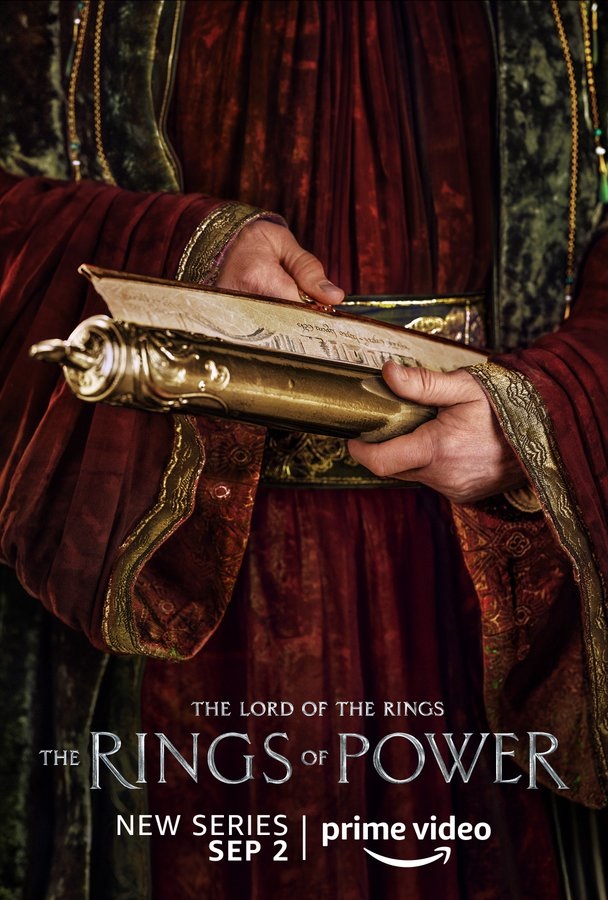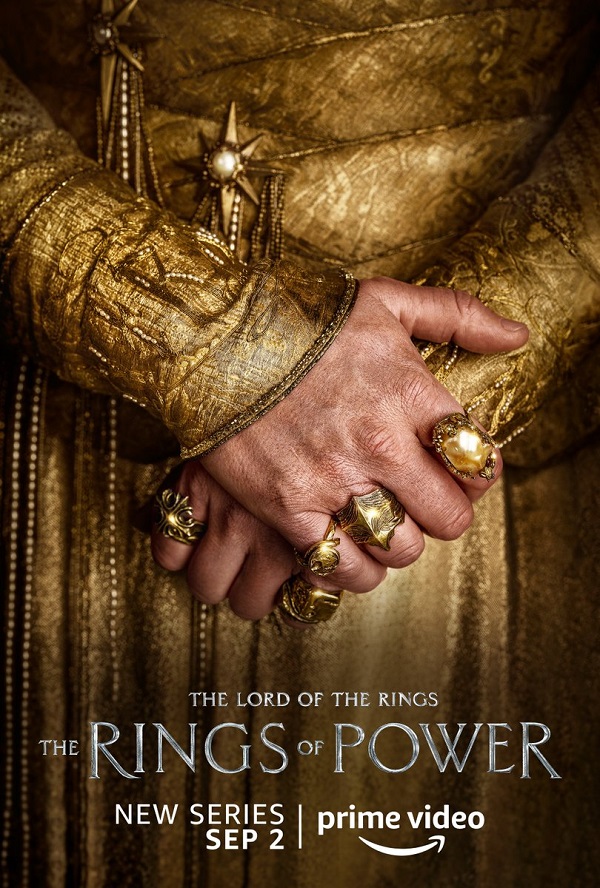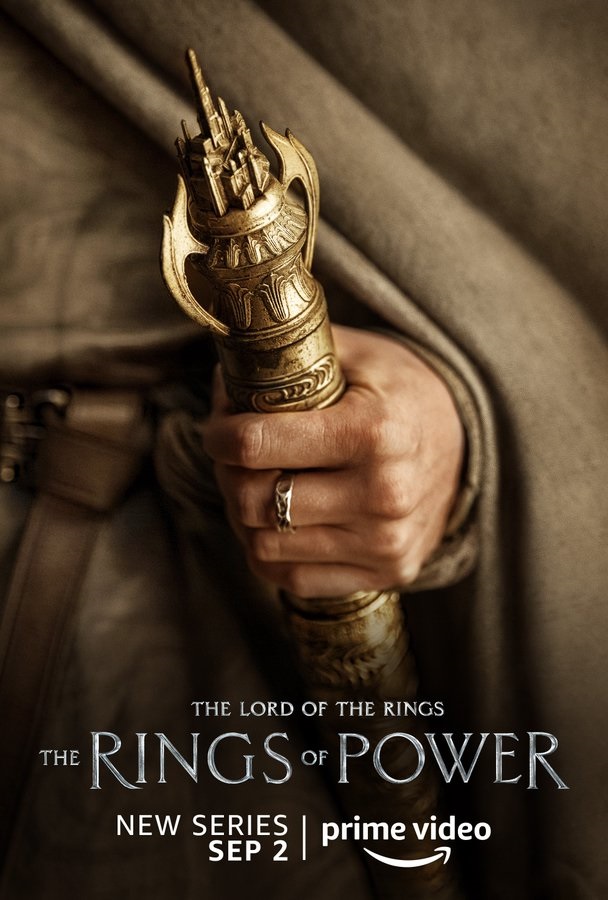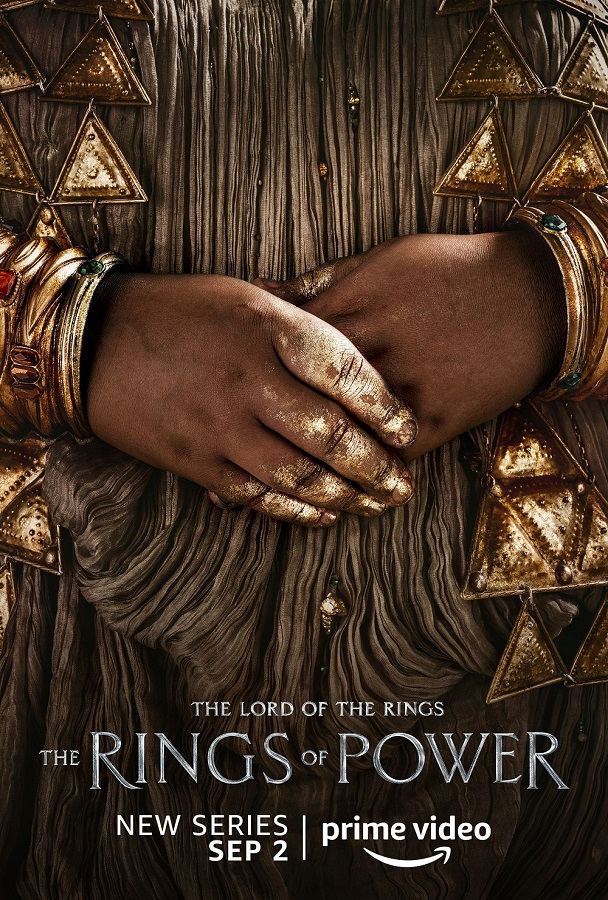The Lord of the Rings being one of the most influential works of literary fiction in history, and perhaps the defining first chapter in genre storytelling, it’s no wonder that J.R.R. Tolkien has managed to spawn almost every sociological, psychological, ideological, and philosophical debate conceivable about his work.
Now, with The Rings of Power already making waves, and controversial ones at that, a lot of people are once again bringing up the matter of racism in Middle-earth, whether its most ardent gatekeepers have such prejudiced opinions of different ethnicities, and if it has to do with what Tolkien himself fueled through his writing.
So, is there a case to be made about the author’s supposed racial prejudice, the same person whose entire ideology is summarized in this quote from The Hobbit, “if more of us valued food and cheer and song above hoarded gold, it would be a merrier world”?
The case made for and against racism in Middle-earth
It’s easy to look at the colorful tapestry that Tolkien created all those years ago and misinterpret some of the most conspicuous symbolism as manic Victorian-fueled elitism. Throughout history, most critics of Tolkien — especially those highlighting the supposed racial inequality in Middle-earth — have spoken out about subtextual implications such as Orcs being inferior and utterly evil, while the Elves embody everything that is divine about the world, and the matter of geographical dissemination.
For instance, there’s practically nothing positive or even remotely redeeming about the Orcs or how they’re constantly described in The Lord of the Rings. Having been of the Eldar race once, the fact that Orcs became “dark-skinned” during their transformation at the hands of Morgoth has also drawn attention, but the usage of the word “orc” and what it implies from a semantic standpoint is hardly Tolkien’s invention and dates back to Old English mythology.
As far as Tolkien saw it, the symbolism of light and dark didn’t have to do with physical appearance beyond a pale signifier that one should be wary of those they come across. If anything, Tolkien didn’t even believe that true evil manifested itself in darker hues, for it was Sauron the Deceiver who took the guise of Annatar — the Lord of Gifts and as divine as any of the Eldar — and tricked the Free Peoples into forging the rings of power and then using them to subjugate all the lands.
Then there’s the matter of the so-named geographical bias, referring to the fact that the forces of Light in Middle-earth seem to be dispersed in the western sphere of the fictional world – whereas the Shadow is in the east. Was Tolkien alluding to an Imperialistic understanding of ethnicity by dividing the western and eastern civilizations into the good guys and the bad guys, or is it just the fact that some of us would be collectively inclined to read too much into something completely coincidental?
After all, this very racist inclination of which some of the critics speak loses all the groundwork of its reasoning when factoring in the events of the First and Second Ages of Middle-earth, when the map of the world was much different from the Middle-earth we see in The Lord of the Rings. Back then, when Morgoth — the literal embodiment of the devil in Arda — roamed the land, he built his fortress of Angband to the north and from there extended his hands to influence Middle-earth.
The evil of Sauron and Third Reich allegories
J.R.R. Tolkien famously hated allegories, and he made that absolutely clear in the foreword to The Fellowship of the Ring.
“As for any inner meaning or ‘message,’ it has in the intention of the author none. It is neither allegorical nor topical. The crucial chapter, ‘The Shadow of the Past,’ is one of the oldest parts of the tale. It was written long before the foreshadow of 1939 had yet become a threat of inevitable disaster… But I cordially dislike allegory in all its manifestations, and always have done so since I grew old and wary enough to detect its presence… I think that many confuse ‘applicability’ with ‘allegory’; but the one resides in the freedom of the reader, and the other in the purposed domination of the author.”
– J.R.R. Tolkien, Foreword to the Second Edition, The Fellowship of the Ring
With that in mind, any connection made between the forces of Mordor and Nazi Germany becomes immediately fallacious beyond any point of reconciliation. But if it has to be said, or if there had been an underlying philosophical point to Sauron’s existence and evil, the villain is distinctively singular in what he wishes to attain, for above all else, Sauron cannot bear diversity and wishes to re-create the world in his singular vision.
As renowned Tolkien scholar, Dr. Patrick Curry, explains in a behind-the-scenes video for Peter Jackson’s trilogy,
“Tolkien was profoundly pluralist. The Lord of the Rings is a multi-cultural and multi-racial book. Against that, you have Mordor, which is One Ring. One Ring to Rule Them All,” he says. “There’s this vacuity and emptiness at the heart of the Ringwraiths. They actually in a sense have no lives of their own, they’re totally dependant on Sauron and the One Ring. That’s an interesting aspect of Tolkien’s view of evil, kind of, like a moral vacuum. A lack of independent life.”
On the surface level, it might appear as though Tolkien is using distinctive physical symbolism to give an absolute interpretation of evil, but given that the he was always more taken by his linguistic passions rather than atmospheric storytelling, the author may have actually been much more progressive than most would give him credit for.
The Lord of the Rings is certainly influenced by the professor’s conservative outlooks, with faith playing a huge part in the narrative, but what ultimately comes off as a seemingly simplistic, but disturbingly profound study into the nature of evil is one that underlines the very culture war we find ourselves in today.
If taken at face value, some diehard enthusiasts might find it incongruous that Amazon has cast a person of color as an Elf in their adaptation, since for one reason or another Tolkien didn’t care much to underline, in absolute terms, the diverse appearance of the Eldar.
But from a sociological standpoint, J.R.R. Tolkien didn’t seem to have a problem with progressive ideologies, and nor should the fans, regardless of whether the so-called “woke” agenda has made them wary of anything Hollywood might attempt in this regard. Even if that attempt happens to be as meager as casting two or three persons of color in a cast that’s still predominantly white.

